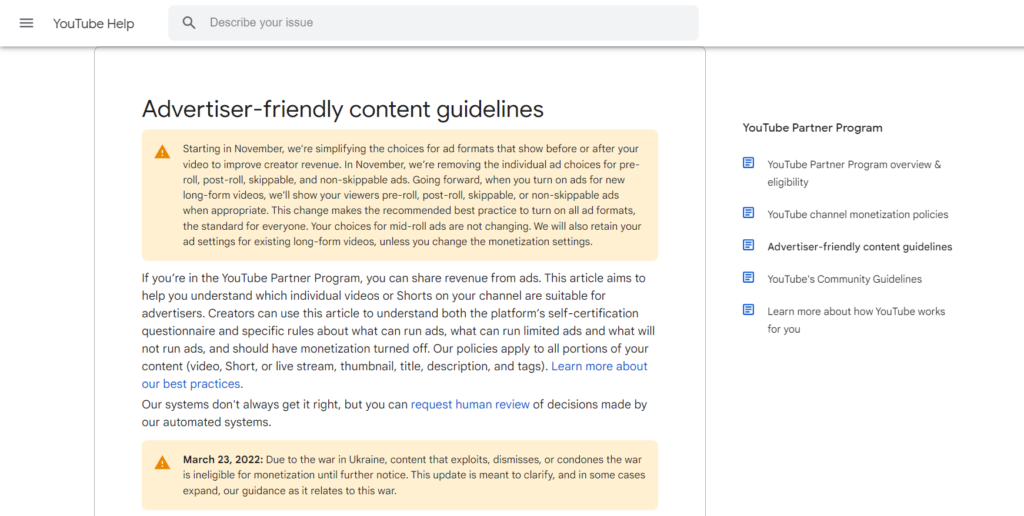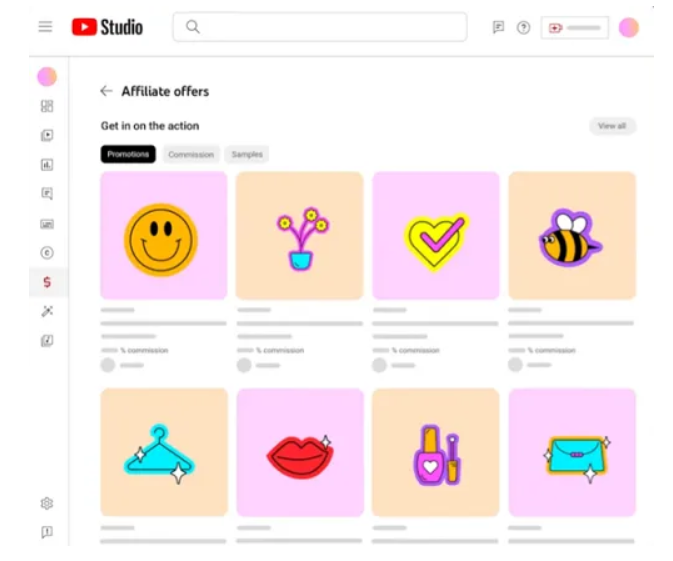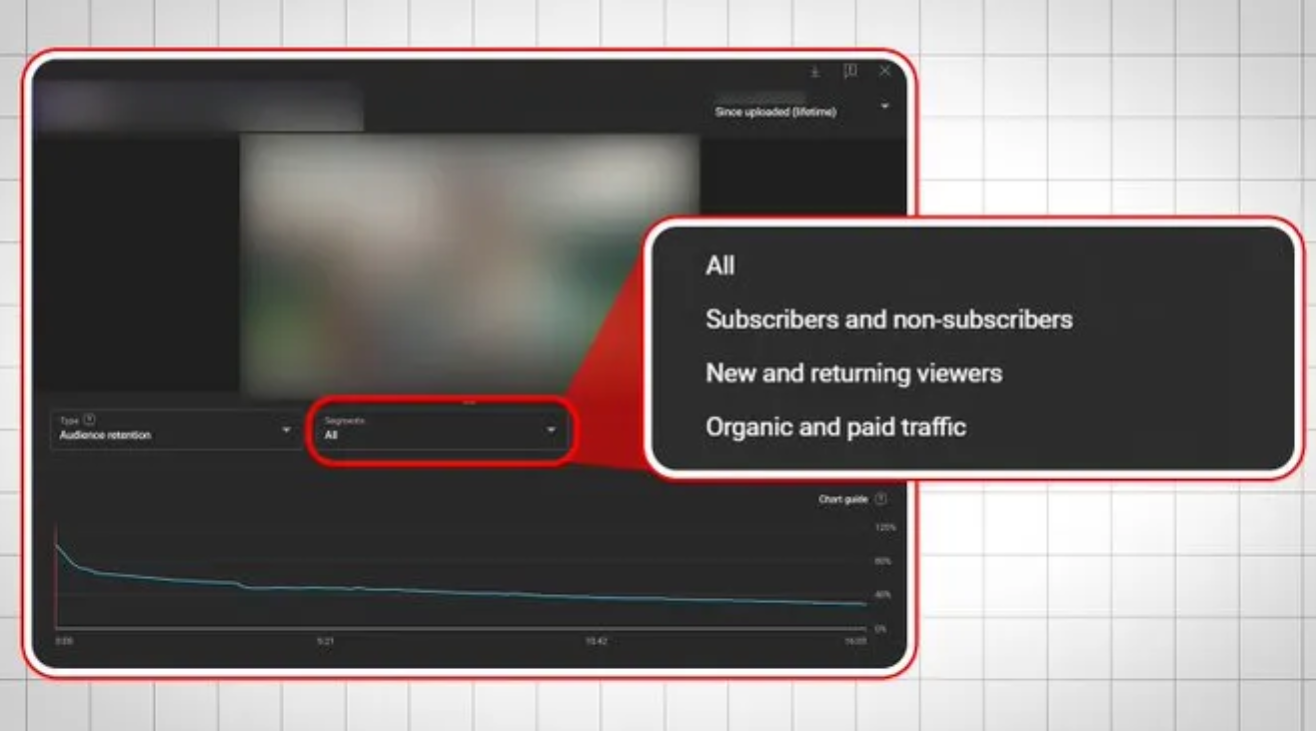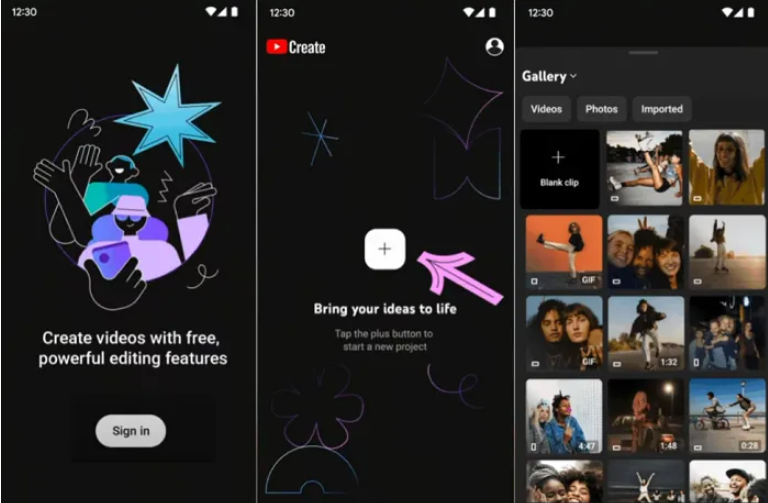In a recent move, YouTube, the popular video-sharing platform, has revised its monetization guidelines to allow creators to monetize a broader range of content that touches on certain sensitive topics. This change comes after a wave of confusion and controversy regarding YouTube’s advertiser-friendly content policies, which restricted monetization for videos discussing subjects like abortion and adult sexual abuse. The updated guidelines aim to strike a balance between enabling content creators to share helpful information and being responsible in handling potentially harmful content.
Background and Controversy
YouTube’s previous advertiser-friendly content guidelines often led to creators losing their revenue potential when their videos discussed sensitive topics. This led to debates on the breadth of these rules, particularly when content covered areas that could be considered controversial but were also viewed as beneficial or helpful. Creators and viewers questioned whether such content should be penalized and whether there was room for flexibility within the guidelines.
Revised Guidelines
YouTube’s new guidelines now allow content that discusses sensitive topics like abortion and adult sexual abuse to be monetized, provided it avoids graphic details and follows a non-descriptive and non-graphic approach. The platform recognizes that such content can be helpful to users and should not be disincentivized through demonetization. This shift is intended to reduce penalties for creators discussing these topic areas in a responsible manner.
On the other hand, YouTube is further restricting monetization for content related to eating disorders, aligning its guidelines with its broader Community Guidelines. Content focusing on eating disorders that share triggers like guides around harmful behaviors will not receive ad revenue. This change aims to prevent incentivization of content promoting harmful activities, while still allowing educational, documentary, and survivor content that references these aspects responsibly.
Addressing Harmful Eating Habits
YouTube’s April update on eating disorder content, done in collaboration with the National Eating Disorder Association (NEDA), laid the groundwork for this recent expansion of guidelines. By refining the rules around eating disorder content, YouTube is taking a step towards promoting a responsible approach to content creation, particularly in the context of potentially harmful eating habits promoted by some influencers. This move underscores the importance of prioritizing the well-being of users over monetization.








